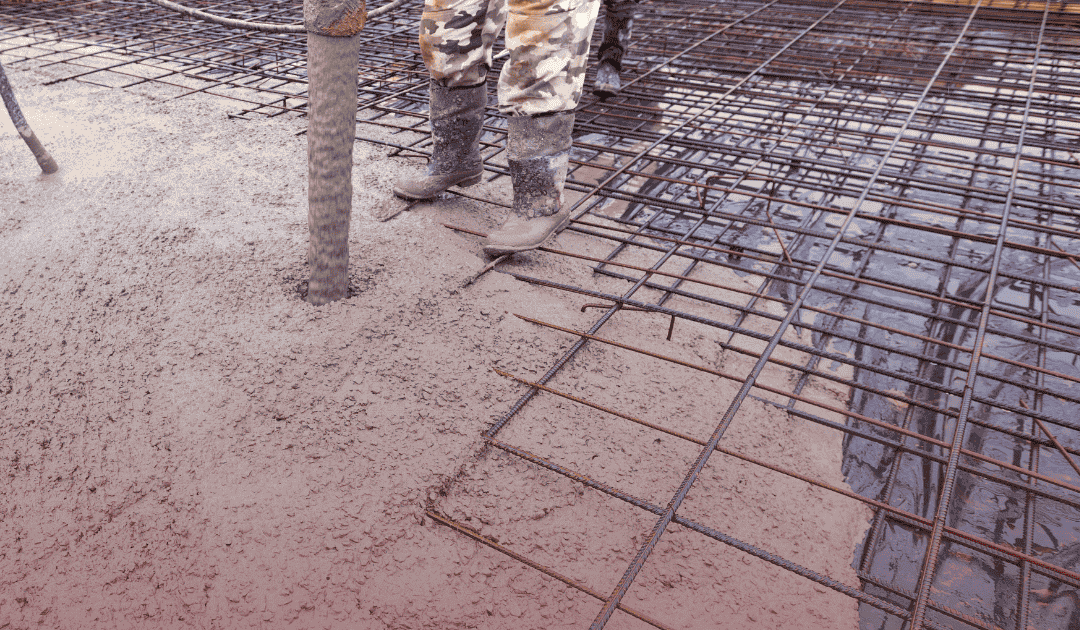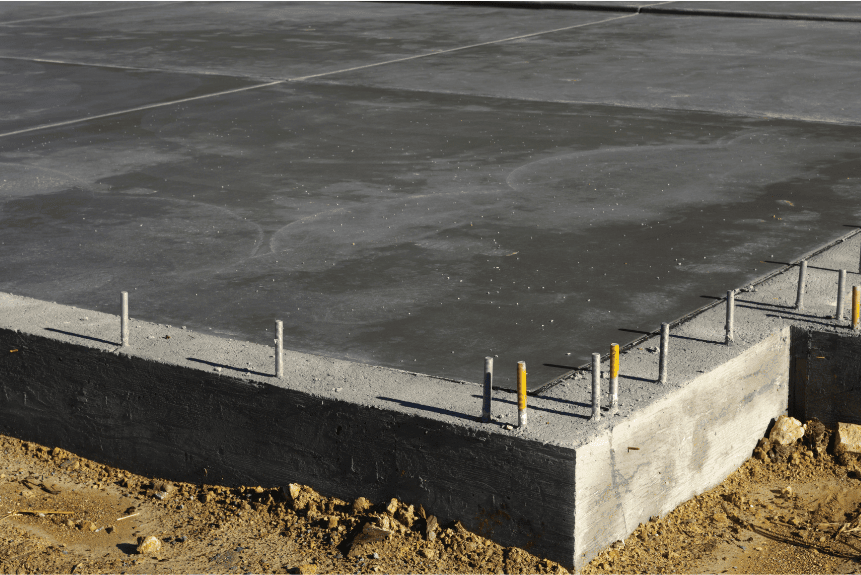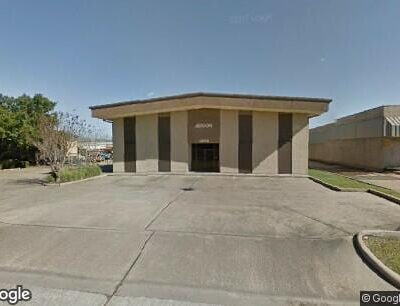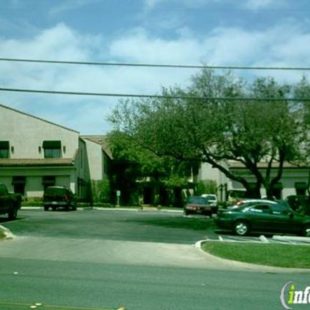The Importance of Structural Concrete in Modern Construction
The Importance of Structural Concrete in Modern Construction
- April 2, 2025
- Posted by: jerdonlp
- Category: Civil Engineering, Construction, Engineering, General Construction, Projects, Severe Weather

Structural concrete is the backbone of modern construction, providing durability, strength, and versatility for a wide range of projects. From skyscrapers and bridges to highways and residential buildings, concrete plays a crucial role in ensuring the stability and longevity of structures. Here’s why structural concrete is essential in today’s construction industry:
Strength and Durability
One of the primary reasons structural concrete is widely used is its exceptional strength and durability. It can withstand heavy loads, extreme weather conditions, and seismic activity, making it ideal for large-scale projects such as high-rise buildings and bridges.
Versatility in Design
Concrete is highly adaptable and can be molded into various shapes and sizes, allowing architects and engineers to design innovative and complex structures. Whether it’s curved facades, intricate detailing, or massive support columns, concrete can accommodate a wide range of architectural visions.
Fire and Weather Resistance
Unlike wood or steel, concrete is non-combustible and can withstand high temperatures, making it a safer choice for buildings. Additionally, it resists moisture, corrosion, and extreme weather conditions, reducing maintenance costs over time.
Cost-Effectiveness
Structural concrete is a cost-effective building material due to its long lifespan and minimal maintenance requirements. Its availability and efficiency in construction also help reduce overall project costs.
Sustainability and Energy Efficiency
With advancements in green building practices, concrete is becoming an environmentally friendly option. It has excellent thermal mass properties, helping to regulate indoor temperatures and reduce energy consumption. Additionally, innovations in recycled concrete and eco-friendly production methods contribute to sustainability efforts.
Low Maintenance and Longevity
Unlike other materials that may require frequent repairs or replacements, structural concrete has a long lifespan with minimal maintenance. This makes it an excellent choice for infrastructure projects that need to withstand heavy use over decades.
Essential for Infrastructure Development
Modern cities rely on structural concrete for essential infrastructure such as roads, tunnels, bridges, and public buildings. Its ability to support massive loads and withstand the elements ensures the safety and functionality of these critical structures.
Structural concrete remains a fundamental element of modern construction, providing strength, safety, and sustainability. As technology advances, innovations in concrete materials and techniques continue to improve efficiency and performance, shaping the future of the construction industry. Whether for commercial, residential, or infrastructure projects, structural concrete is a reliable and essential building material.
Searching for a reliable and experienced civil engineering contractor for your next project? Learn more about Jerdon Enterprise and our services here, or contact us through our website here.



